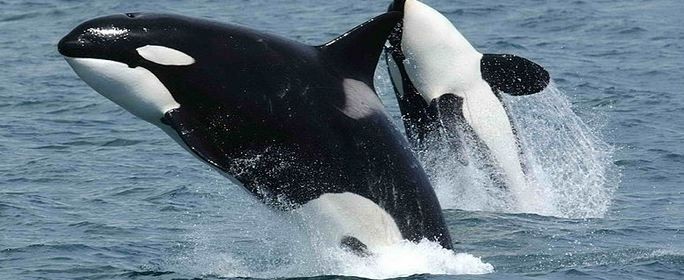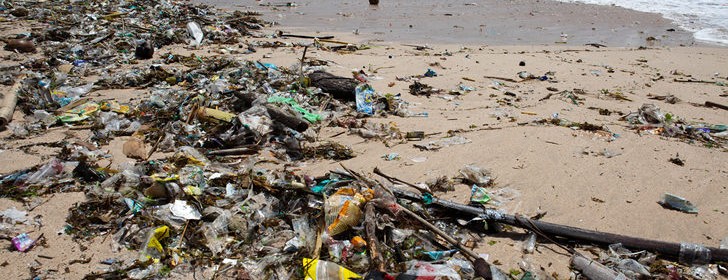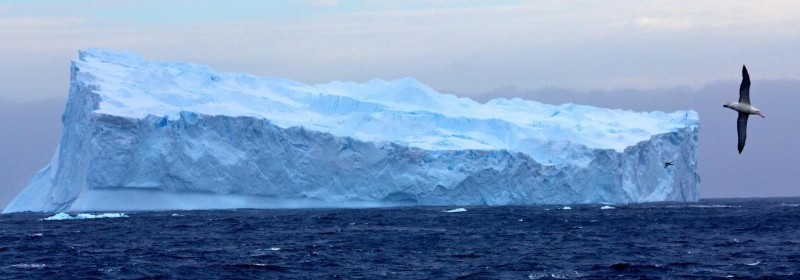Grandma orcas know best

Like many human families, killer whales often rely on the wisdom of matriarchs to help them endure hardships and thrive, new research has found. Male orcas usually live for about 50 years, but females often survive well into their 90s, making them one of the few mammalsthat live for decades after they stop reproducing. Marine scientists studied the behavior […]
Read more



